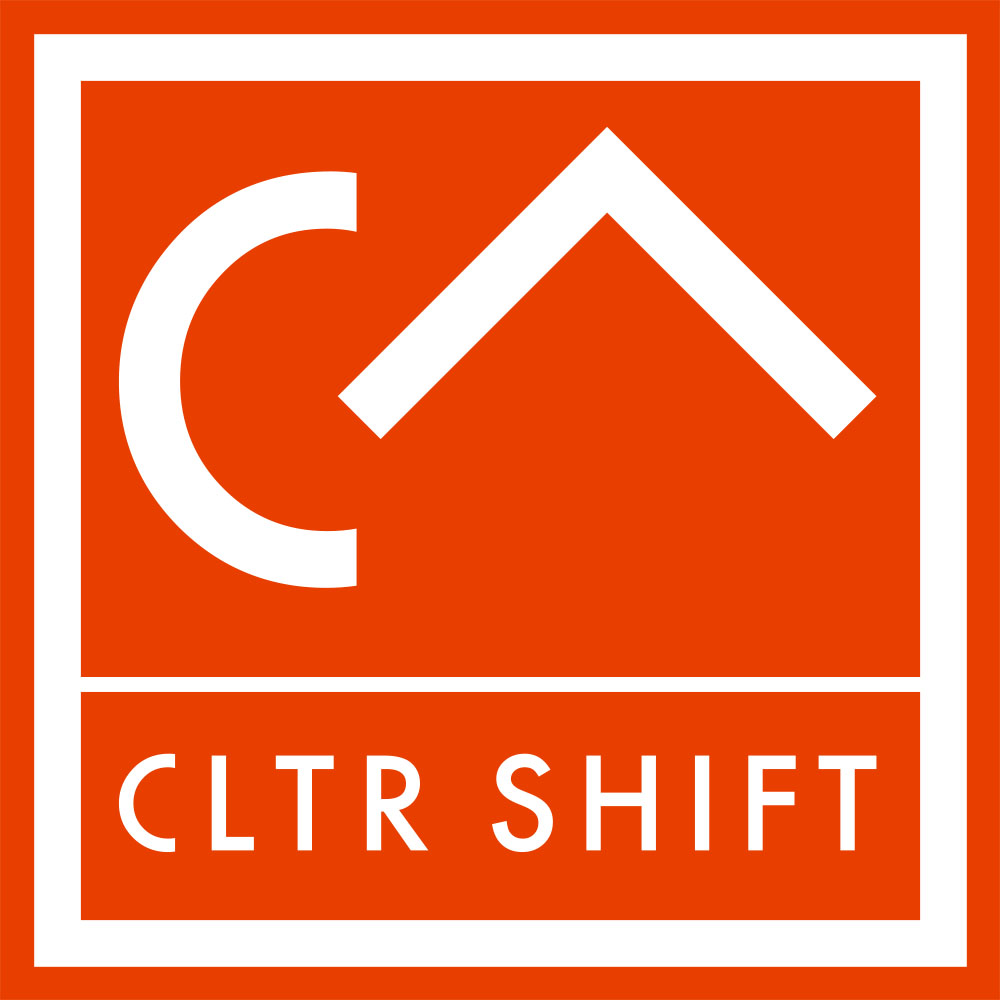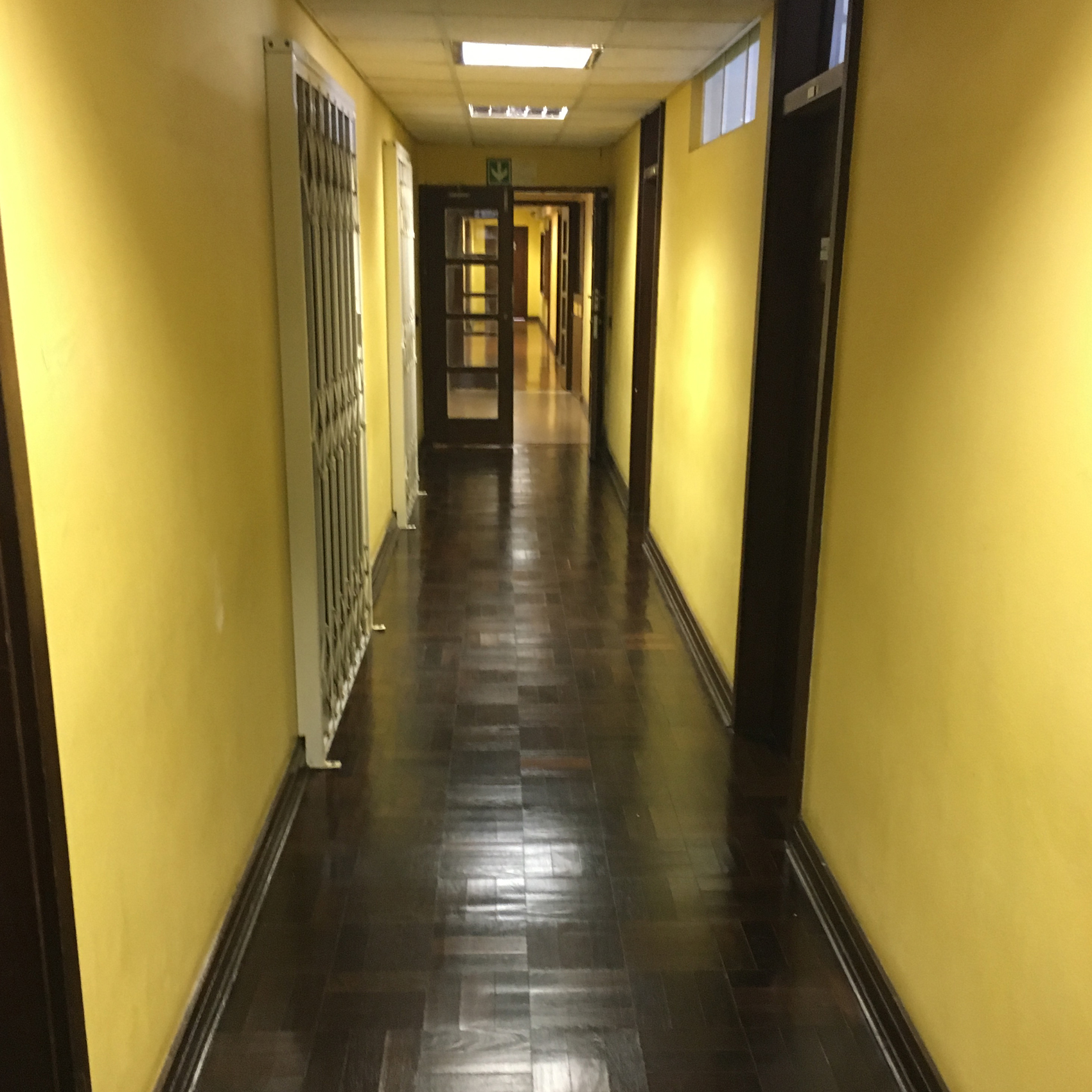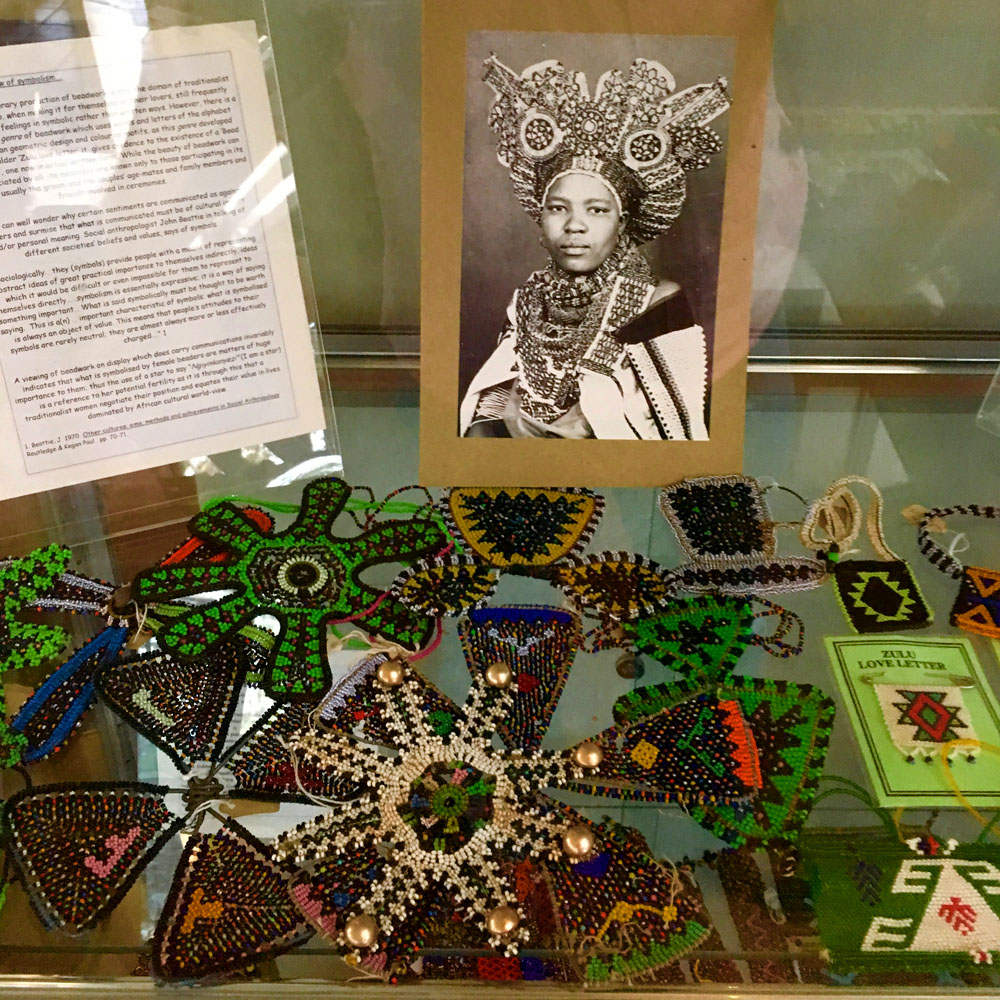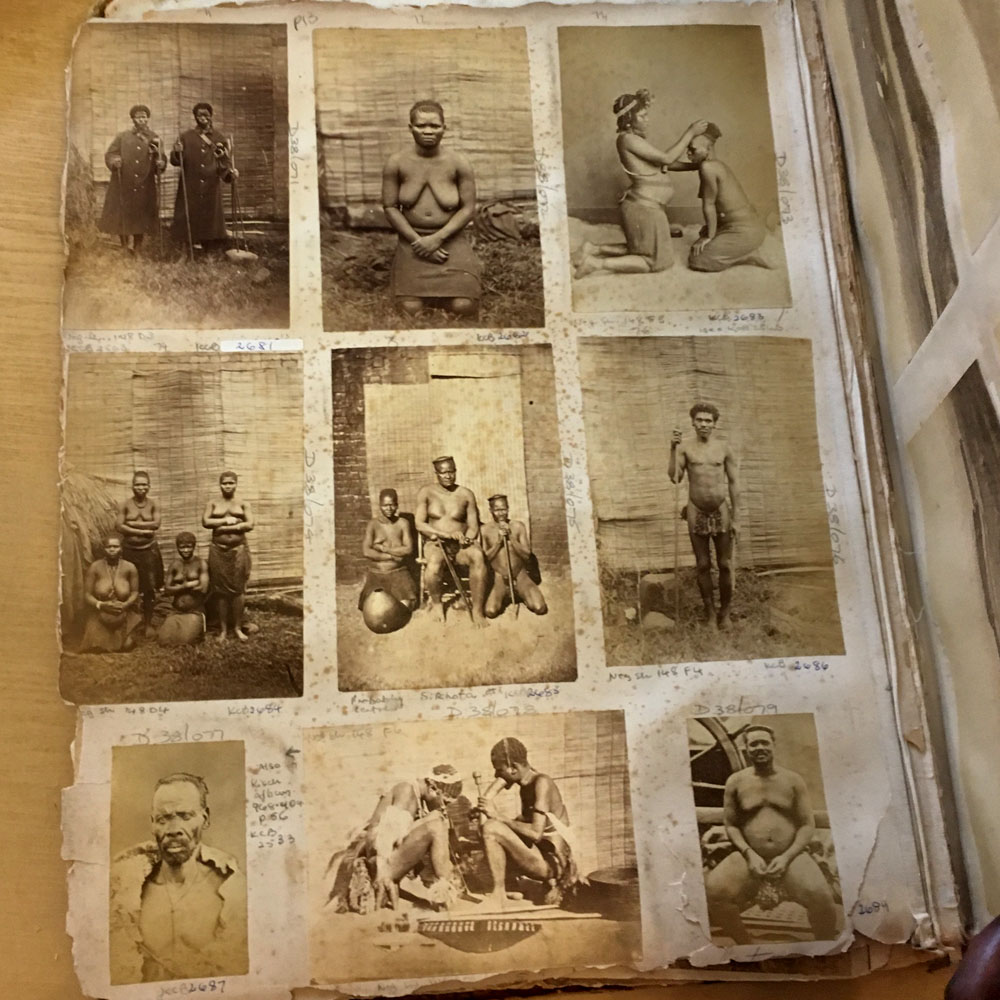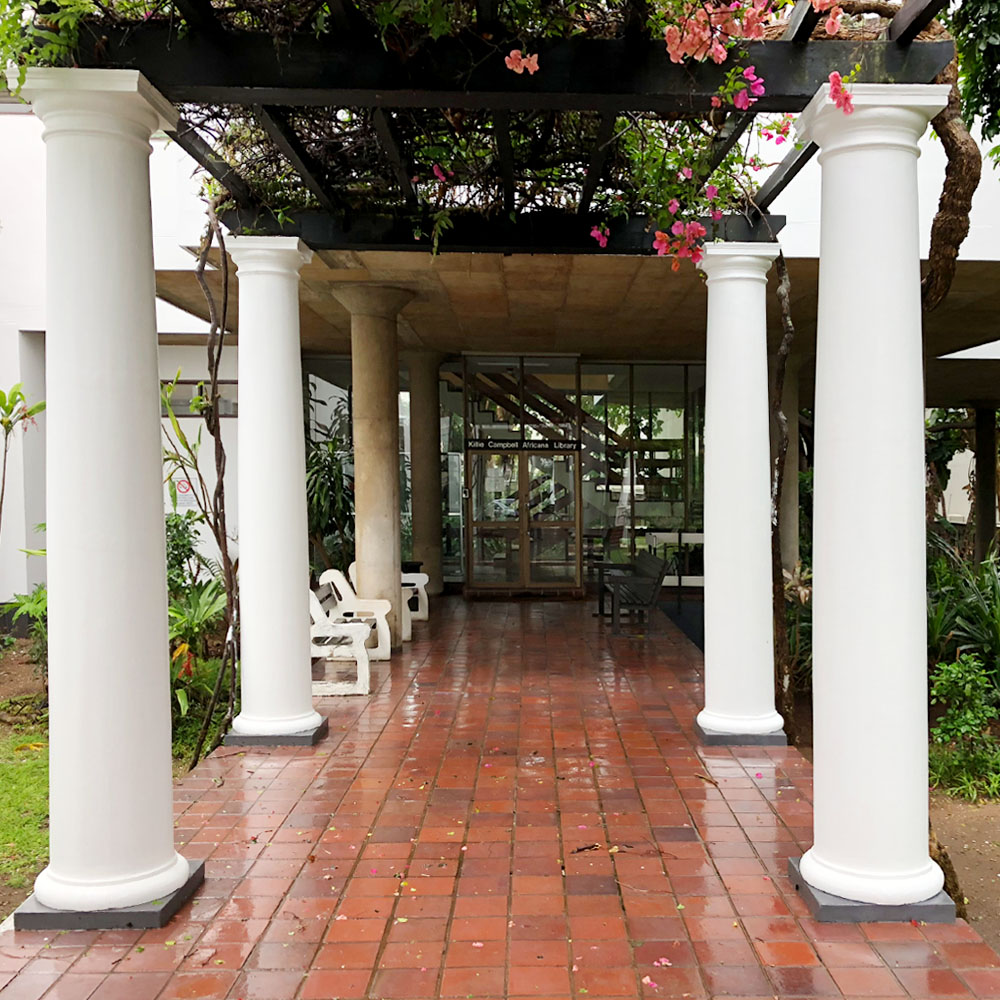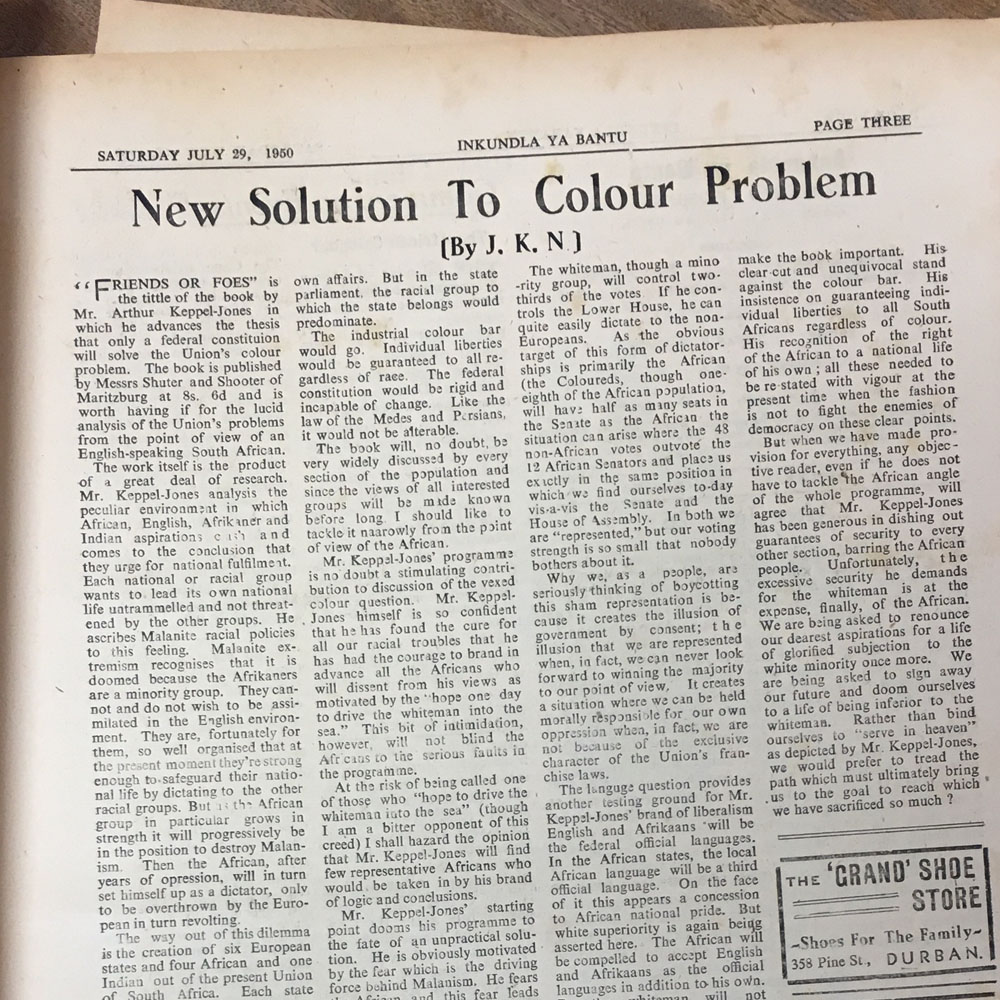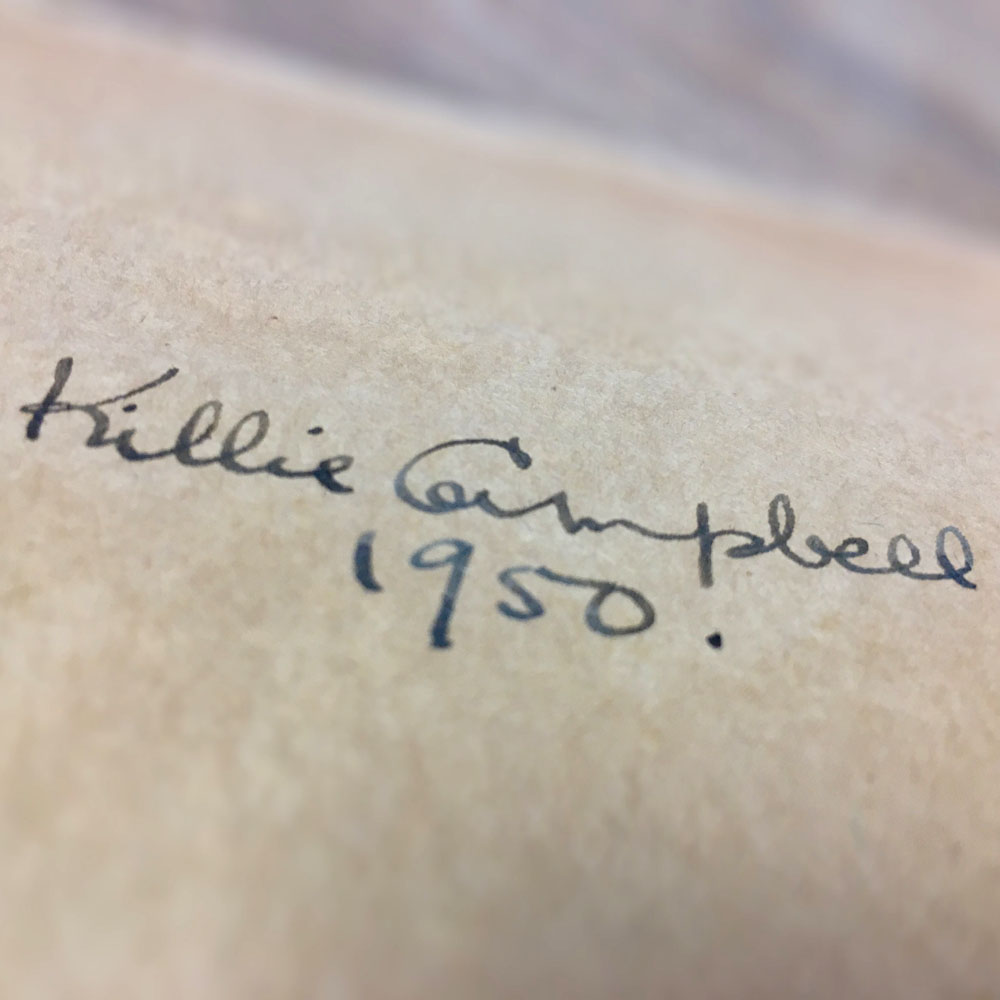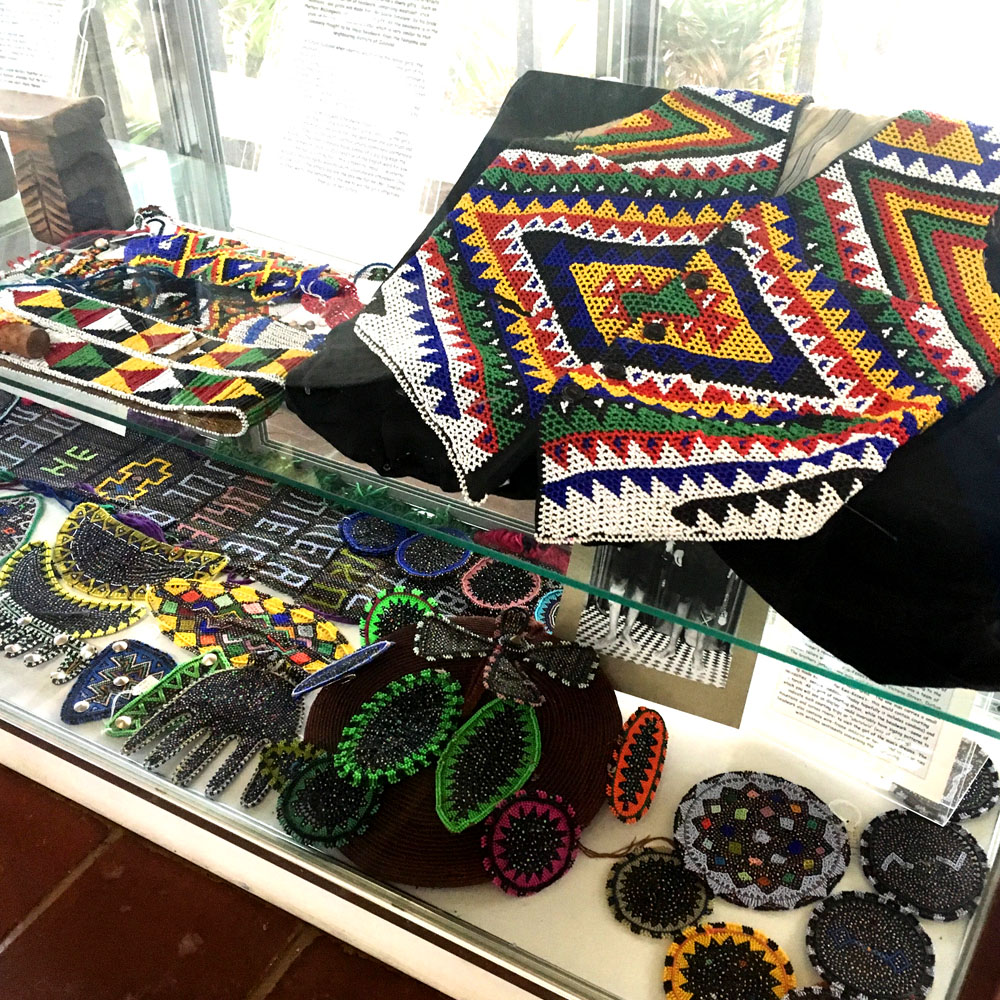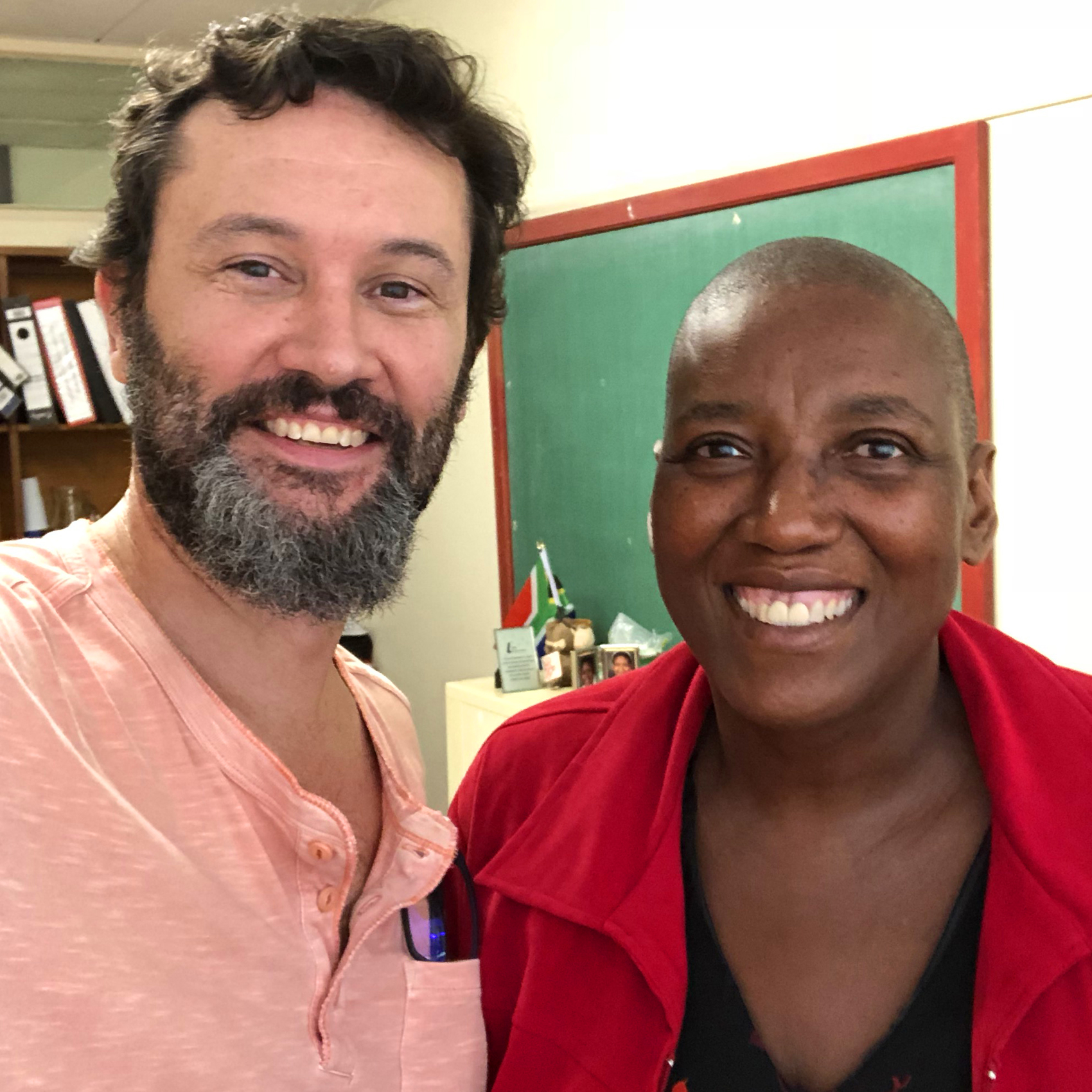The Linguist, the Cosmology and Zulu Traditional Beliefs
with Gugu Mkhize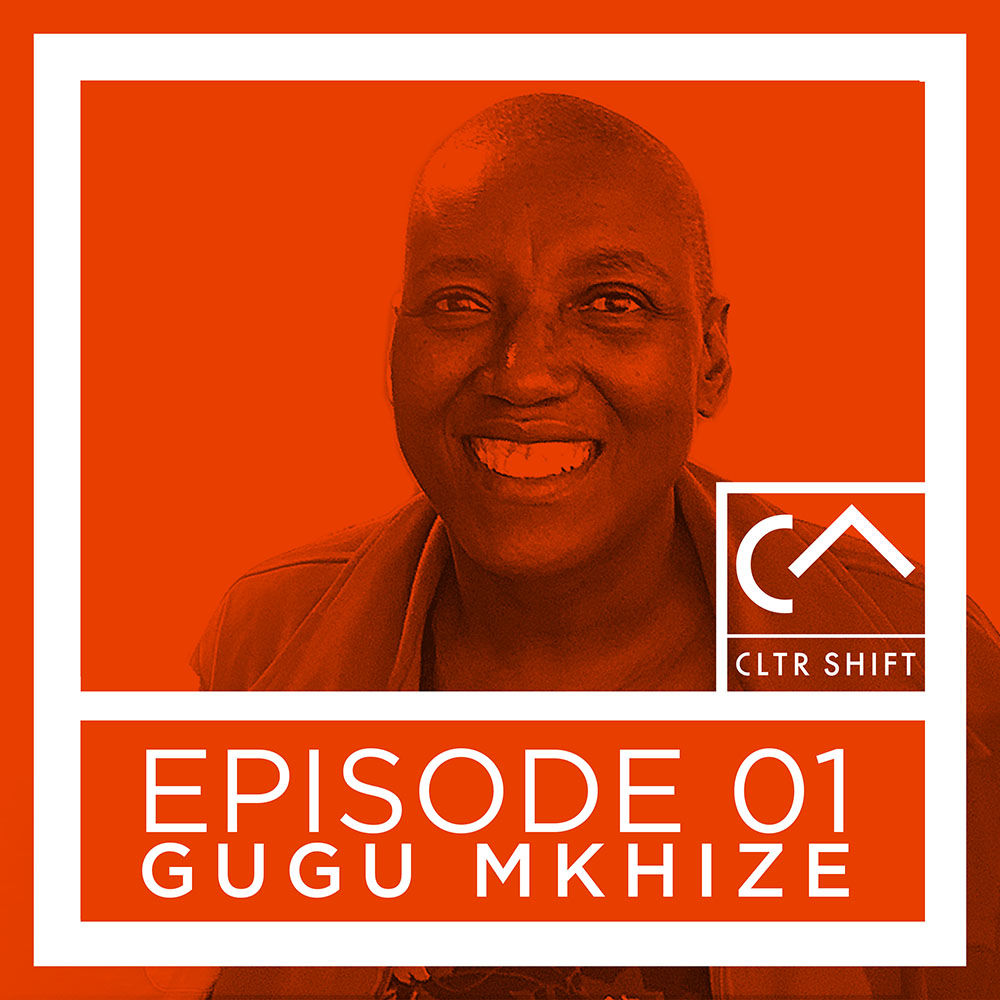
Having grown up in Durban and seen the imposing structure of the UKZN building – sometimes from far and sometime close up on the grounds themselves – it was my first time actually inside. Naturally I got lost.
Eventually, with some help, I found my way to the office door of Gugu Mkhize just as she was coming down the hall.
We both settled in. I got out my writing materials and audio recorder, and although we’d chatted briefly the week before I set about giving her more of a detailed rundown of why I’m doing what I’m doing. And then we got to it…
Listen Now
With access to information, those individuals can look at the customs, myths, and cosmology of their communities and ancestors and decide for themselves what they take on and what they leave.
Terms and Phrases:
Amathambo – Bones
Rondavel – round structure housing Umsamo (space for rituals)
Ukubuyela emuva uthathe izinto zakho – To come back and fetch your things
Ukubuyela emuva uthathe izinto zakho – To come back and fetch your things
Ngisaya emangeni – I’m going to lies
uNomkhubulwane:
- Rain Goddess/Princess
- uthingo lwenkosazana – rain goddess
- uthingo – light
- nkosazana – girl
- uthingo lwenkosazana – Rainbow.
- Imvula – rain
uMvelingqangi:
- Vela – show up, appear, arise
- Ngqangi – first
- Ancestors are the link to mMvelingqangi
Nkulunkulu:
- Missionaries asked “who is your ‘Great Great’”
- Khulu – great, big, large, important.
- Umdali – Creator
Uthongo:
- Spiritual world.
- Uthongo – dreaming/falling/asleep
- Sithongo – sleep
IF YOU LIKED THIS
YOU MIGHT LIKE: The Inyanga, the Sangoma and the Herbalist
I’ve since been back a few times and usually it involves me getting sidetracked with other items I find on the searchable computer database.
